
The 2013 Constitution and the State Audit Law stipulate that the State Audit is an agency established by the National Assembly, operates independently and only complies with the law, and conducts audits of the management and use of public finance and assets.
With that position, the role of State Audit is increasingly affirmed as a tool to inspect, control, and serve to monitor the process of management and use of state budget, money and assets of the State.
Provide reliable information
As an agency in the field of state financial inspection, operating independently according to the law, the State Audit's auditing activities have actively served the inspection and supervision of the National Assembly, the National Assembly Standing Committee and state agencies in the management and use of the state budget, money and assets of the state; promoting the practice of thrift, combating corruption, loss and waste, detecting and preventing violations of the law, improving the efficiency of the use of the state budget, money and assets.
Over the past years, the State Audit has proactively audited state budget settlement reports, focusing on financial audit reports to help the National Assembly approve state budget settlements and People's Councils at all levels approve local budget settlements.
Through auditing activities, the State Audit has provided information to help the Finance and Budget Committee and the National Assembly Committees use in the process of examining and supervising the state budget settlement.
The annual report on the results of the audit of the state budget settlement has pointed out the limitations, shortcomings and recommendations for handling many financial violations in the fields of finance and budget, including the limitations in the preparation, allocation and assignment of state budget estimates, as a basis for the discussion and decision of the next year's state budget estimates by the National Assembly and People's Councils at all levels, providing information for the National Assembly and People's Councils at all levels to decide on state budget estimates and local budgets.
The positive contributions of the State Audit are very valuable in providing highly reliable information, data and documents to help the National Assembly decide on the state budget estimates, allocate the central budget and approve the state budget settlement; People's Councils at all levels decide on estimates, allocate and approve the local budget settlement.

In particular, the legal framework on State Audit has been constantly improved, promoting the increasingly important role of State Audit through "legalization" at a higher level in the provisions of the Constitution and the Law on State Audit.
Since the promulgation of the State Audit Law and the State Budget Law, the State Auditor General has given opinions to the National Assembly Standing Committee on the state budget estimates and the annual central budget allocation plan.
At the same time, the State Audit also gave official written opinions on the state budget estimate and the annual central budget allocation plan, reported to the National Assembly Standing Committee and sent to the Finance and Budget Committee for use in the verification process.
The participation of the State Audit has provided necessary information for the examination of state budget estimates at the National Assembly Committees and the supervision activities of the National Assembly and People's Councils.
The State Audit's comments, assessments and confirmations on existing problems in the process of budget preparation, budget implementation and state budget settlement are important documents provided to elected bodies for discussion, examination and consideration of budget decisions and approval of state budget settlement.
The role of the State Audit in coordinating the examination of state budget estimates
In addition to positive results, recent practice shows that the State Audit's contributions to the annual state budget estimates are still limited, especially regarding the reasonableness of each revenue and expenditure target, the accuracy of data, as well as the addresses of unreasonable state budget revenues and expenditures of the current year and the planning year.
This comes from a number of reasons such as the work of budgeting at the local level still has many limitations.
Most provinces and cities have low revenue and high expenditure estimates, leading to localities exceeding their revenue estimates by quite a large amount, while many expenditures exceed estimates (in some cases, localities spend up to 200% more than the estimate).
That shows that the quality of the work of preparing and appraising the state budget estimates is low, so there are still many revenues and expenditures that have not been strictly managed and not included in the state budget estimates to be submitted to the National Assembly and People's Councils at all levels for decision...
On the other hand, the time for reviewing the state budget estimates and settlement is too short because the Government's documents sent to the State Audit and reviewing agencies are slow.
In fact, after receiving the Government's documents, the Finance and Budget Committee, together with the Nationalities Council and the National Assembly Committees, only have a few days (or even 3-5 days) to review them.
This has caused difficulties for the examination, evaluation and giving of opinions by the National Assembly agencies, especially on complex issues related to many socio-economic fields.

To further improve the quality and role of the State Audit in the development of state budget estimates and settlement, it is necessary to specify the coordination mechanism, responsibilities and powers of the State Audit in the process of participating in the examination of state budget estimates, allocation of the central budget and approval of annual state budget settlement.
At the same time, it is necessary to specify the coordination mechanism between the Finance and Budget Committee and the State Audit in the direction that the Finance and Budget Committee raises issues of concern to the National Assembly and the National Assembly Standing Committee, and organizes supervision of implementation.
For example, in monitoring public investment, the State Audit needs to provide information on how much is lost, at what stage, how much is lost as a percentage (%) of the total investment capital, how many ineffective projects are there out of the total number of public investment projects...).
From the issues raised by the National Assembly's Finance and Budget Committee, the State Audit focuses on clarifying to serve the requirements of the National Assembly and the National Assembly Standing Committee.
Through the audit results of several consecutive years, the State Audit needs to provide information and assess the implementation of the current year's state budget estimates based on a number of contents such as the results achieved in revenue and expenditure; management and operation of the state budget of ministries, branches and localities; Are the estimated targets for state budget revenue and expenditure close to reality and reasonable?
Existing problems, difficulties, causes and possibilities of completing the state budget estimate (including in-depth analysis of existing problems and possibilities of increasing state budget revenue in various fields and economic sectors: state-owned enterprises, non-state-owned enterprises, foreign investment, revenue from crude oil, import-export revenue, etc.;
Areas of overspending, underspending, increased administrative management spending, etc.). At the same time, propose solutions for state budget management in the current year and the planning year.
Through the audit results, it is necessary to evaluate favorable and unfavorable factors affecting the state budget estimate for the following year. In particular, it is necessary to evaluate whether the state budget revenue and expenditure estimates as reported by the Government are reasonable or not? If not, which revenue and expenditure items need to be increased or decreased? Why? The situation of tax arrears, tax evasion and the ability to recover these arrears.
Basis, basis and rationality of the central budget allocation plan, determining the targeted additional amount from the central budget to the local budget annually? Proposing solutions in the management and operation of the annual state budget.
The State Audit Office needs to enhance its independence and objectivity, have enough time to review and comment on the state budget estimate, and conduct an audit of the annual state budget settlement report before submitting it to the National Assembly and the National Assembly Standing Committee for consideration and decision.
The National Assembly needs to promote the role of the State Audit when participating in coordinating the examination of the state budget estimates and the central budget allocation plan; providing audit information on the annual state budget settlement report to submit to the National Assembly for approval of the state budget settlement and the People's Council for approval of the local budget settlement.
Government agencies must promptly report and provide information on state budget estimates and approve state budget settlements to agencies responsible for verification, ensuring completeness, timeliness, and compliance with legal regulations.
Because this process requires a lot of information, on many issues, in many fields such as the socio-economic situation of each locality, economic unit, each industry, each region, each field of the economy; the budget implementation situation of each ministry, central agency and each locality; data on economic growth, related indicators, legal regulations on policies, regimes, standards, norms, budget collection capacity; development investment capital needs and financial obligations to the State.
For development investment expenditure, it is necessary to base on planning, plans, lists of works and investment projects approved by competent authorities; specific tasks of ministries, ministerial-level agencies, government agencies, other central agencies and provinces and centrally run cities; the current status of public debt, government debt, foreign debt of the country, debt repayment obligations each year...
This information is very important as the basis for the State Audit to evaluate and give opinions on the state budget estimates and settlement as well as to serve the Finance and Budget Committee in the process of examining the annual state budget estimates and settlement.
Source





![[UPDATE] April 30th parade rehearsal on Le Duan street in front of Independence Palace](https://vstatic.vietnam.vn/vietnam/resource/IMAGE/2025/4/18/8f2604c6bc5648d4b918bd6867d08396)
![[Photo] Prime Minister Pham Minh Chinh receives Mr. Jefferey Perlman, CEO of Warburg Pincus Group (USA)](https://vstatic.vietnam.vn/vietnam/resource/IMAGE/2025/4/18/c37781eeb50342f09d8fe6841db2426c)




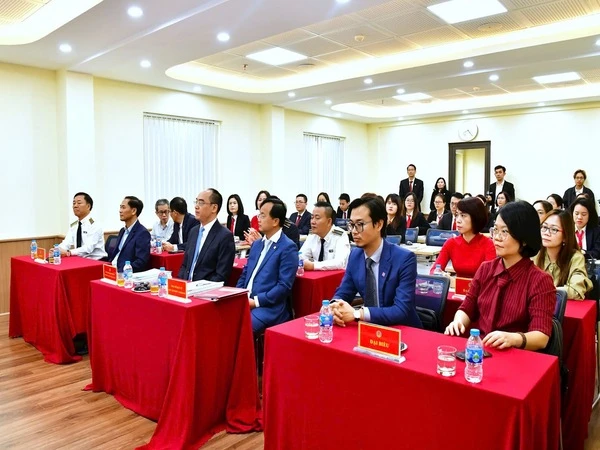

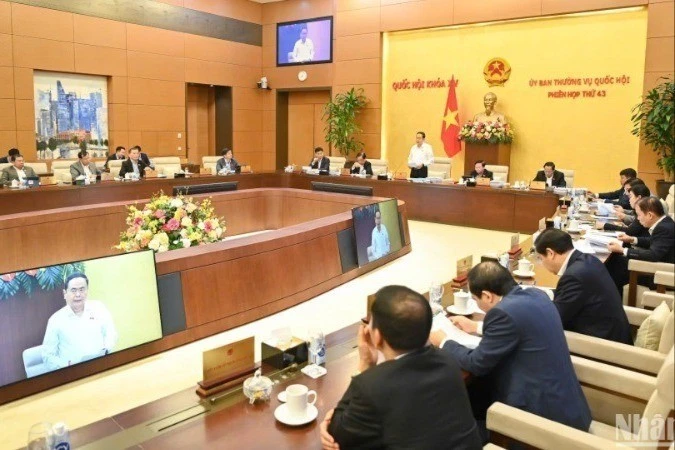






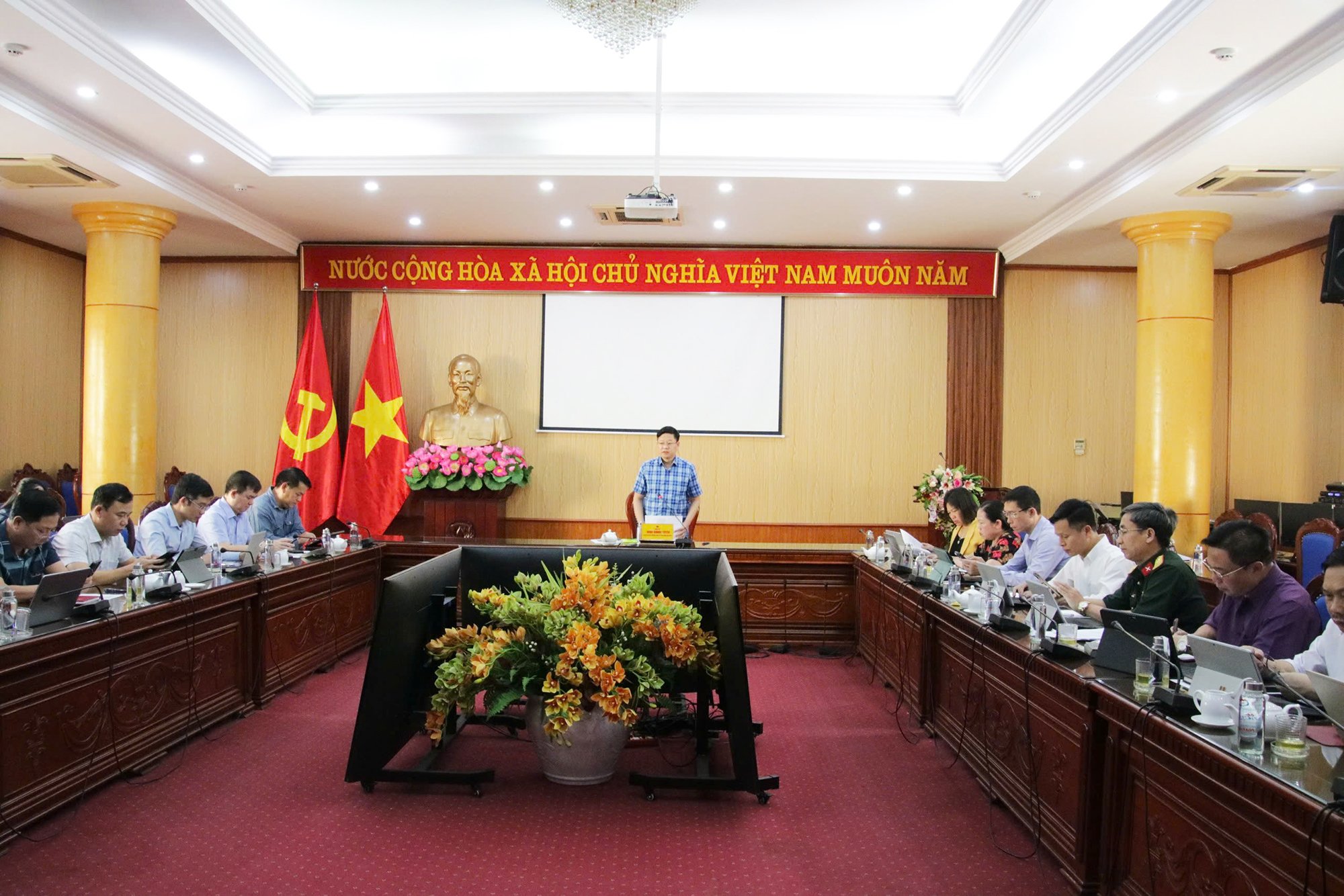

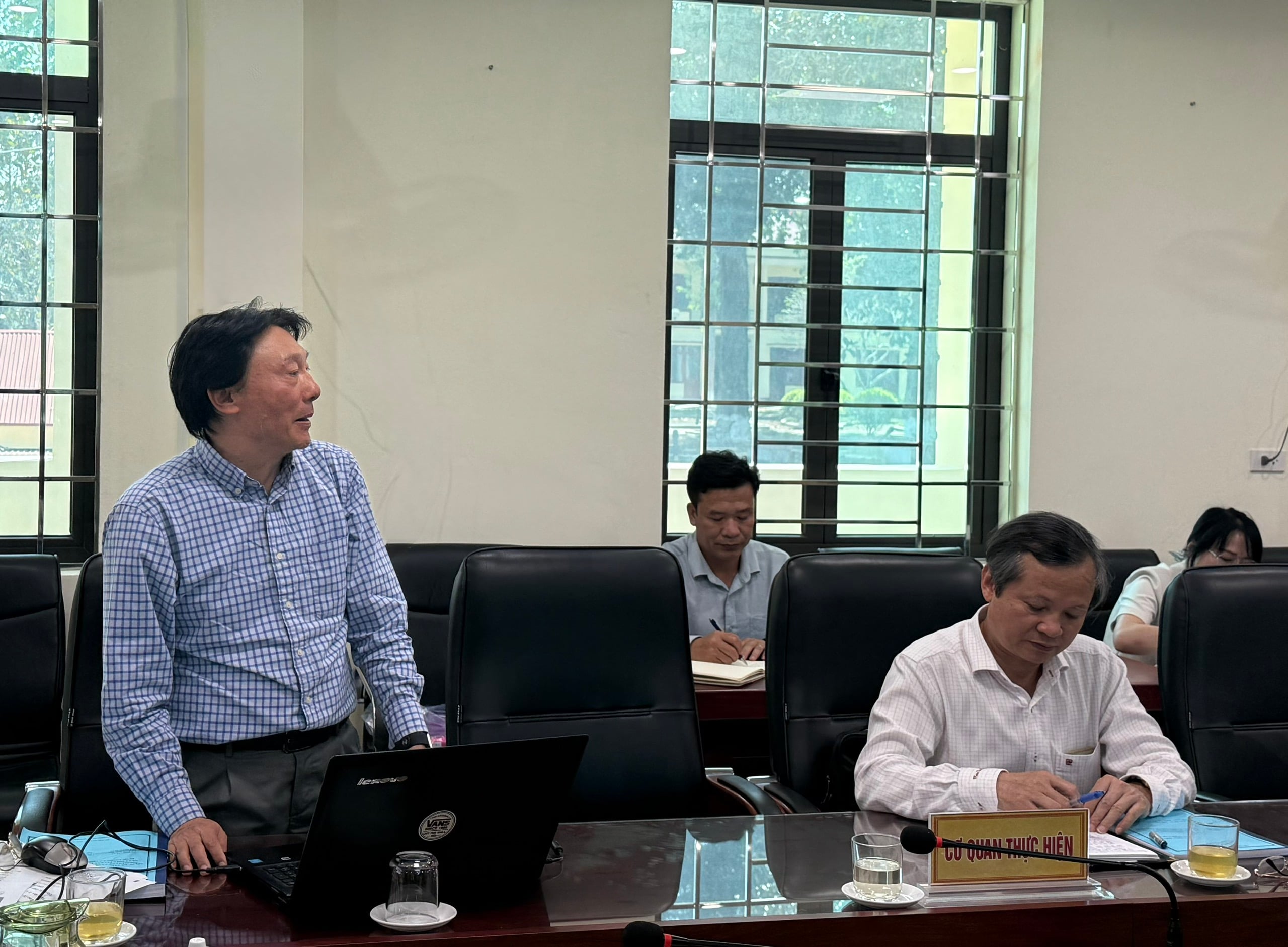





















































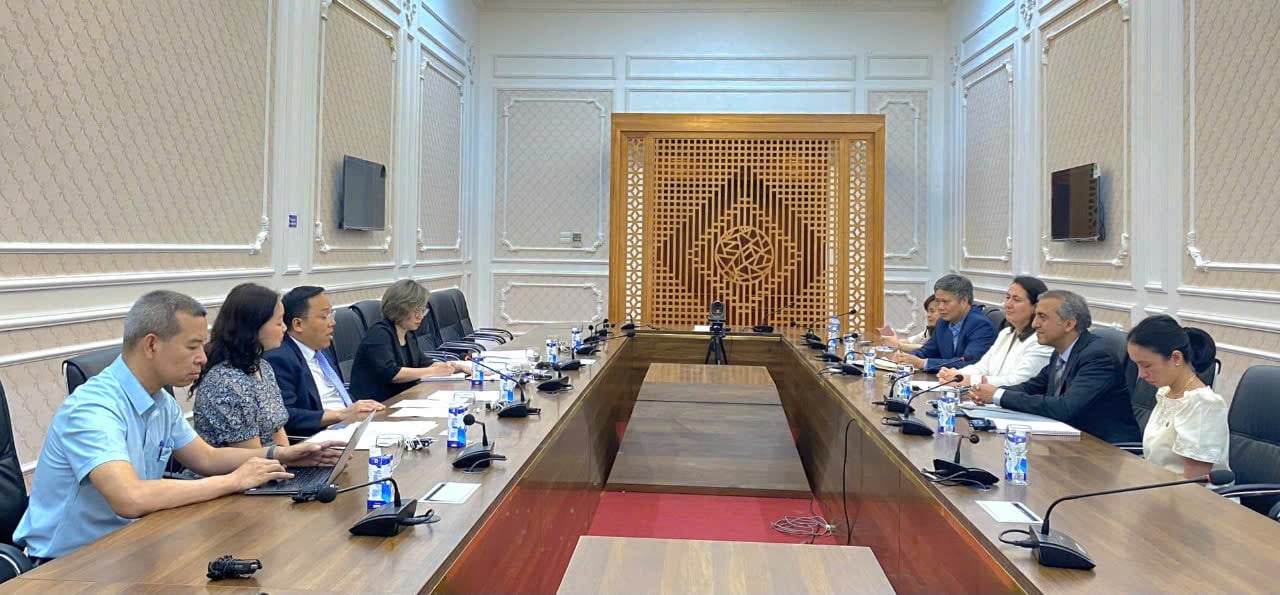
















Comment (0)